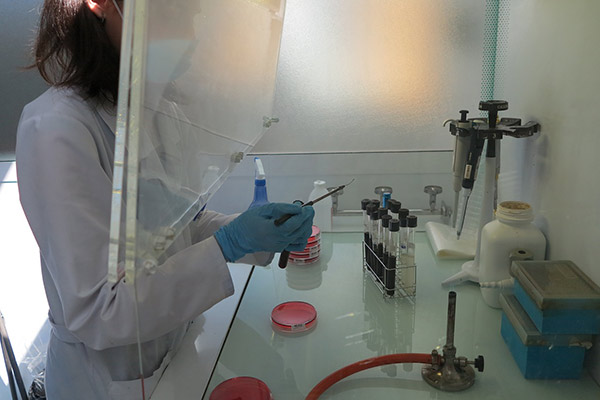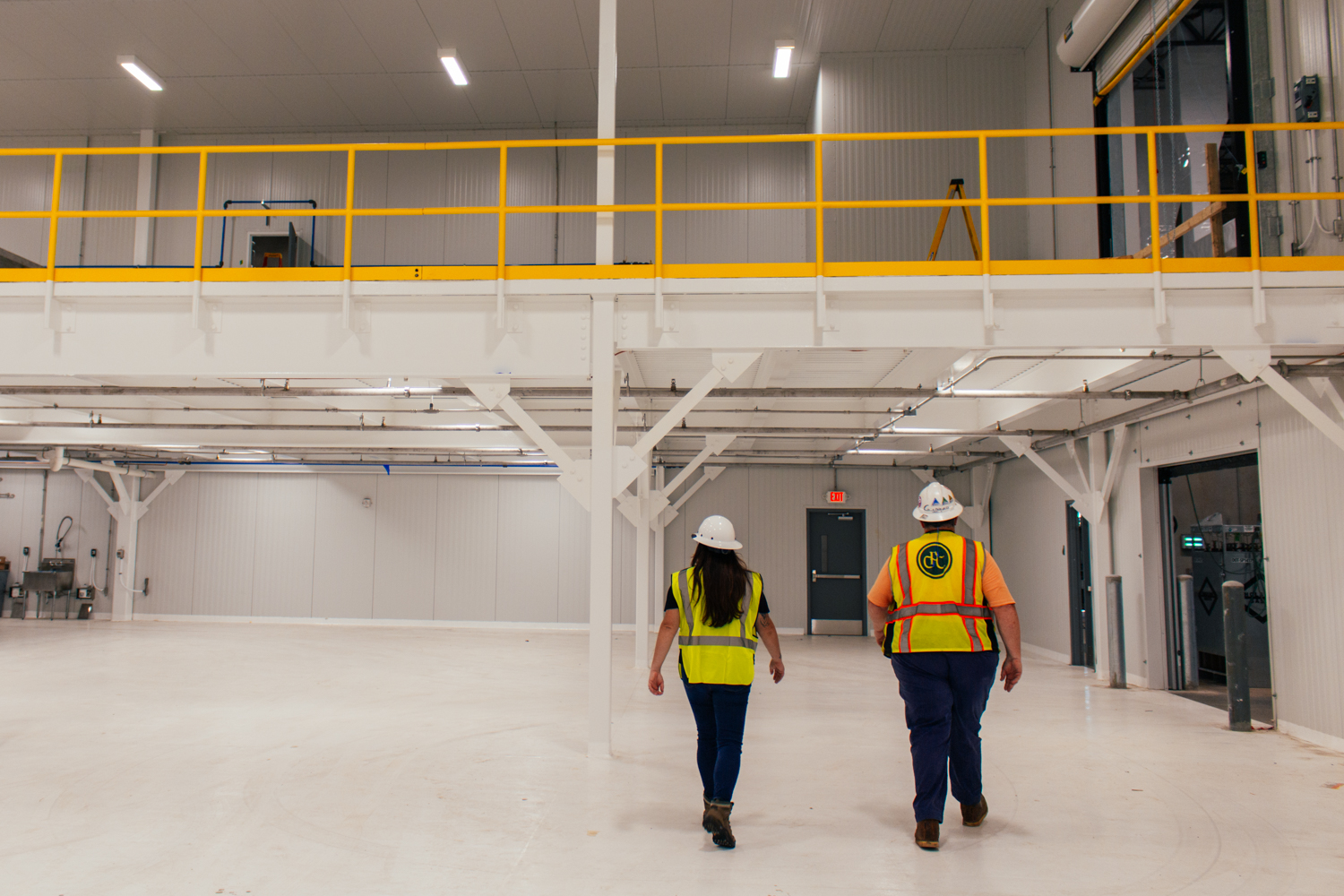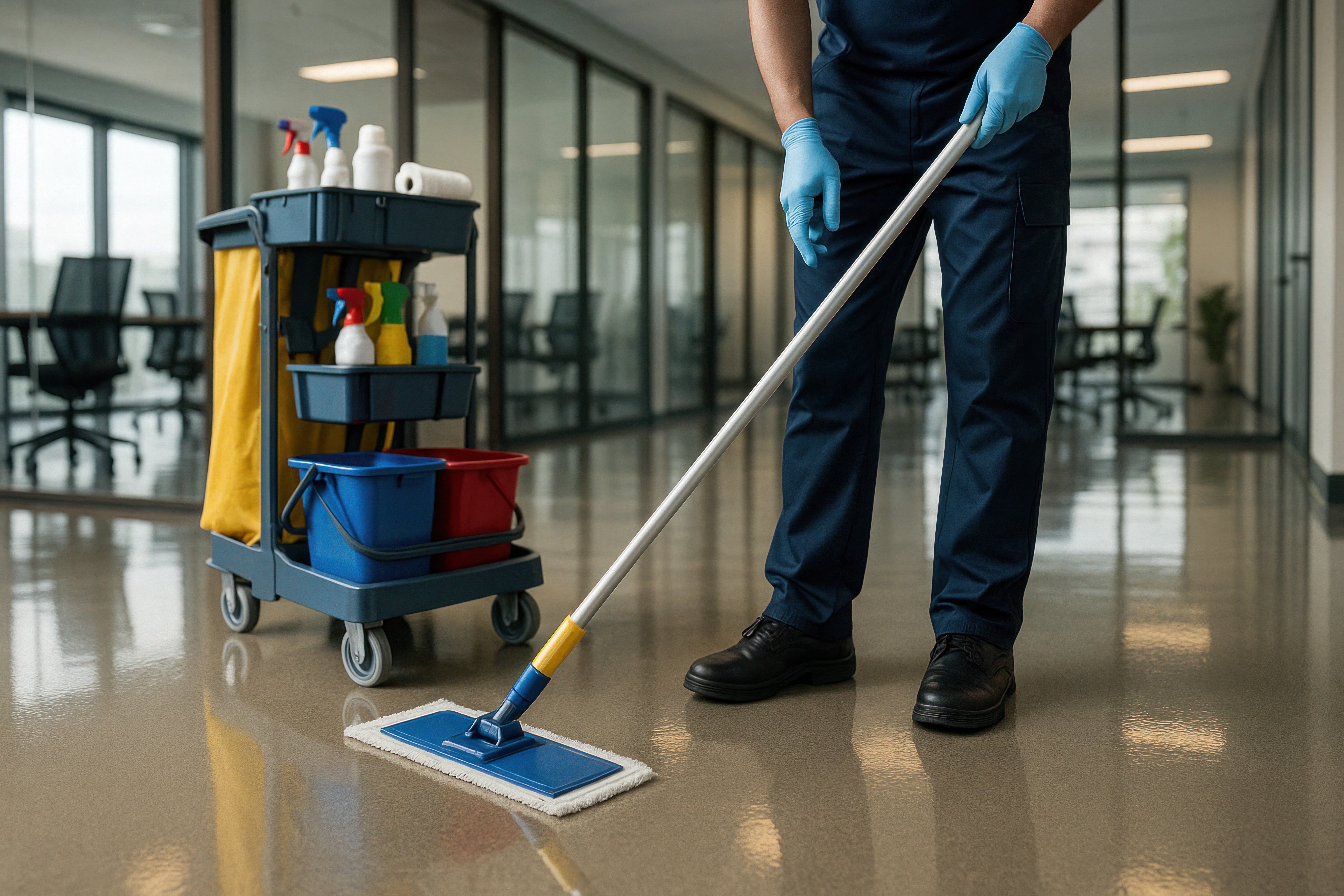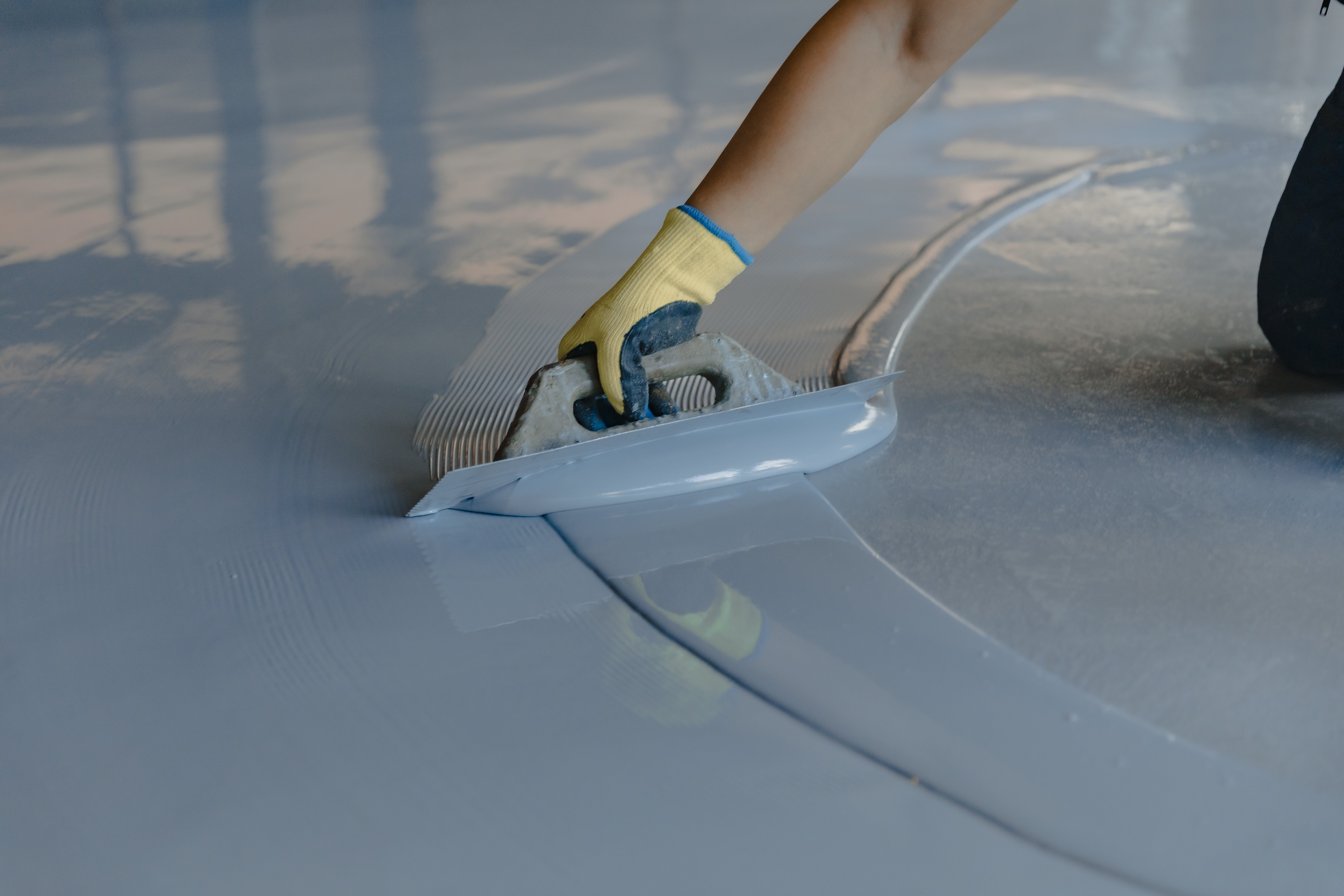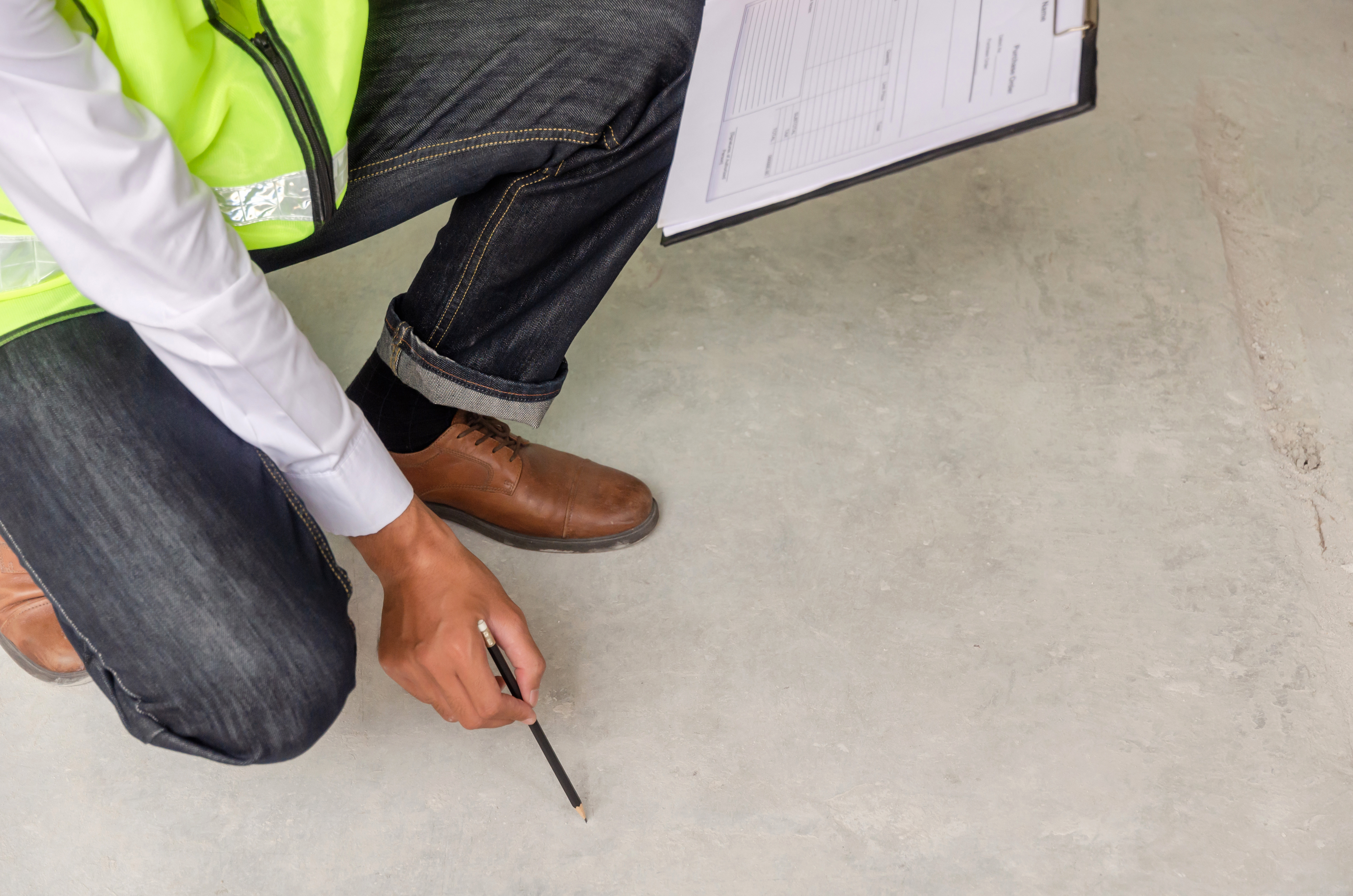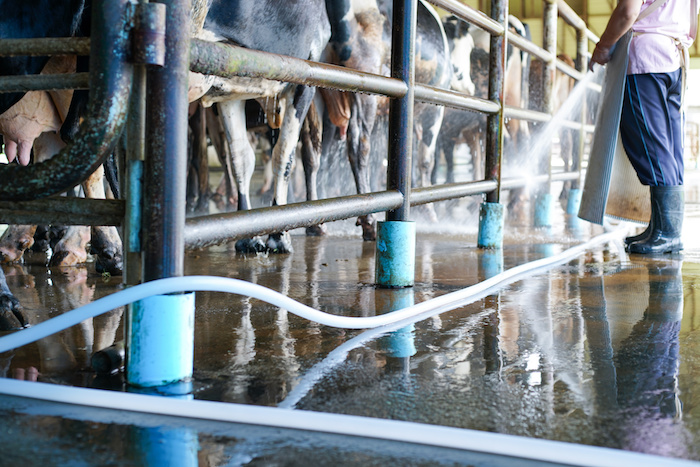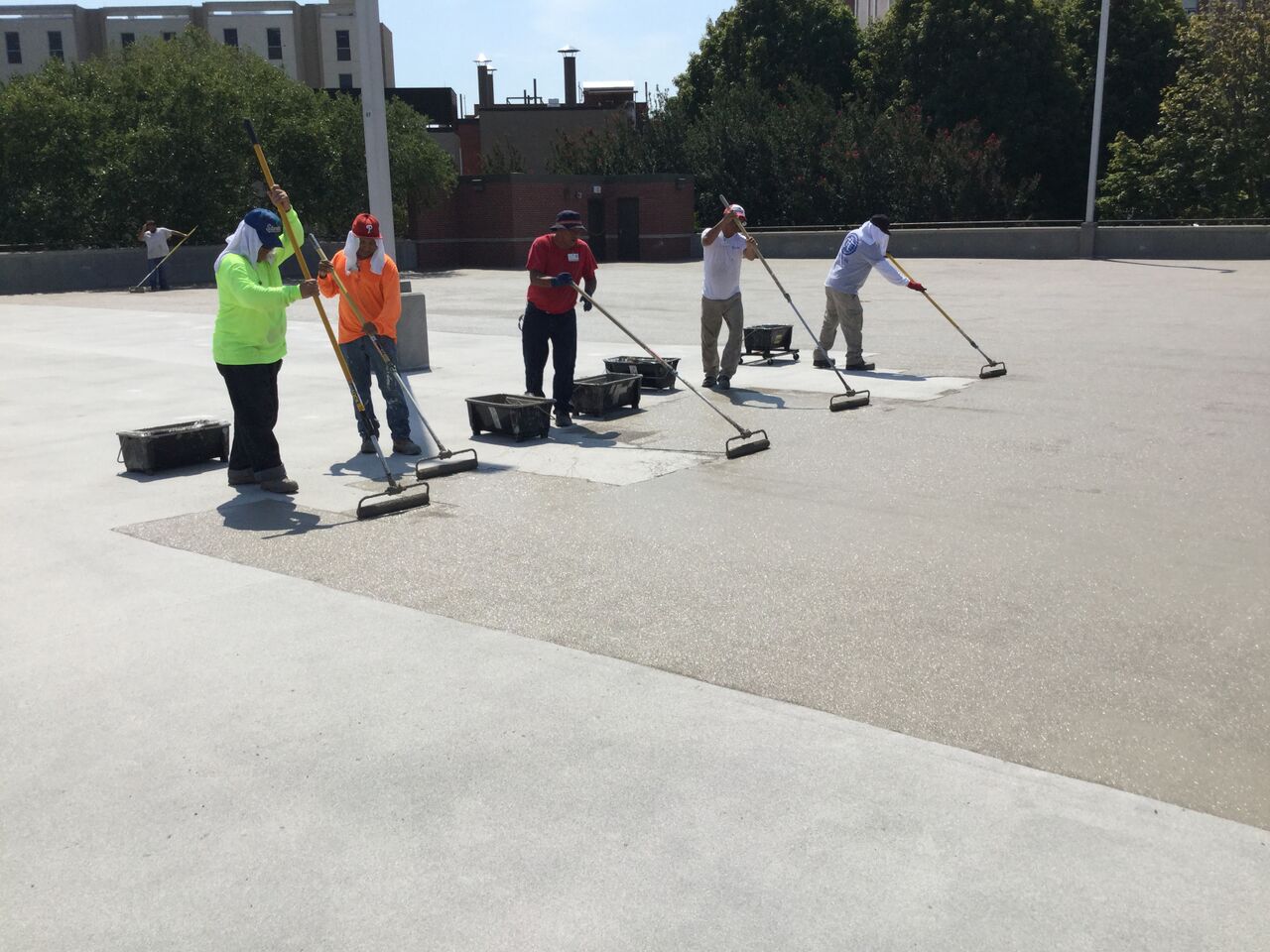In the medical and pharmaceutical industries, there’s no cutting corners. Can you imagine a surgeon skipping sterilization before an operation? An X-ray technician neglecting to place a protective apron on a patient? Or a manufacturer deciding to mix a drug differently just because a key material ran out? The answer is an undeniable no. Precision is a must, and it’s built into every process.
So why isn’t it always the case when it comes to a medical research or pharmaceutical facility’s flooring?

